Faroo P2P Web Search
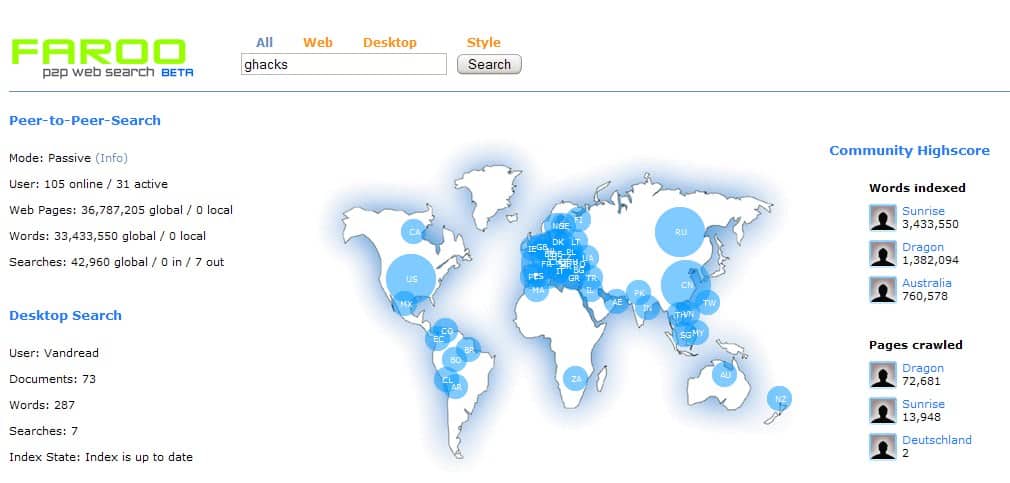
The idea of Faroo is simple. Faroo uses P2P technology to crawl the World Wide Web instead of using an infrastructure with thousands of servers and worldwide datacenters. If you think about it, users are already visiting websites all the time and the basic idea is to utilize those information to build and maintain an up to date index of the World Wide Web.
Every user who is running the Faroo client contributes to the web search engine in two ways. So called words, some would say keywords, are stored on the user's computer which are linked to websites. If another user of the system searches for those words they will be retrieved from the first user - or another user who is also hosting those words - and send to the user searching for them.
This means that every user has to contribute disk space to the Faroo project so that the words and information can be hosted. The disk space that is provided can be set in the options from 1 Gigabyte to unlimited storage space.
The second contribution of every user is the web surfing. If he visits a new website it will be added to the crawler to keep the index up to date.
Faroo is receiving additional information compared to convention search engines such as Google. Among that data is information like the time a user spend on a website and the users behavior on that site which are factors for the ranking calculations.
Faroo does not keep search logs and protects the privacy of its users. Search queries are encrypted which provides an interesting option for users in countries that like to censor search results.
Every search engine is only as good as its results. Can Faroo deliver the same search quality that Google or Yahoo are offering? Searching for names like ghacks, cnn or microsoft did return the correct results on the first pages.
The quality of two or three word queries on the other hand was not optimal yet and more often than not lead to mediocre results. This can be mainly attributed to the number of users who are currently actively using the search engine.
At the time of writing only 106 users were connected to the system which is obviously to low to crawl the entire World Wide Web and provide results for any search term one might enter in the search form.
If Faroo manages to attract enough users that fuel the engine it could become a contender in the search engine market.
Advertisement
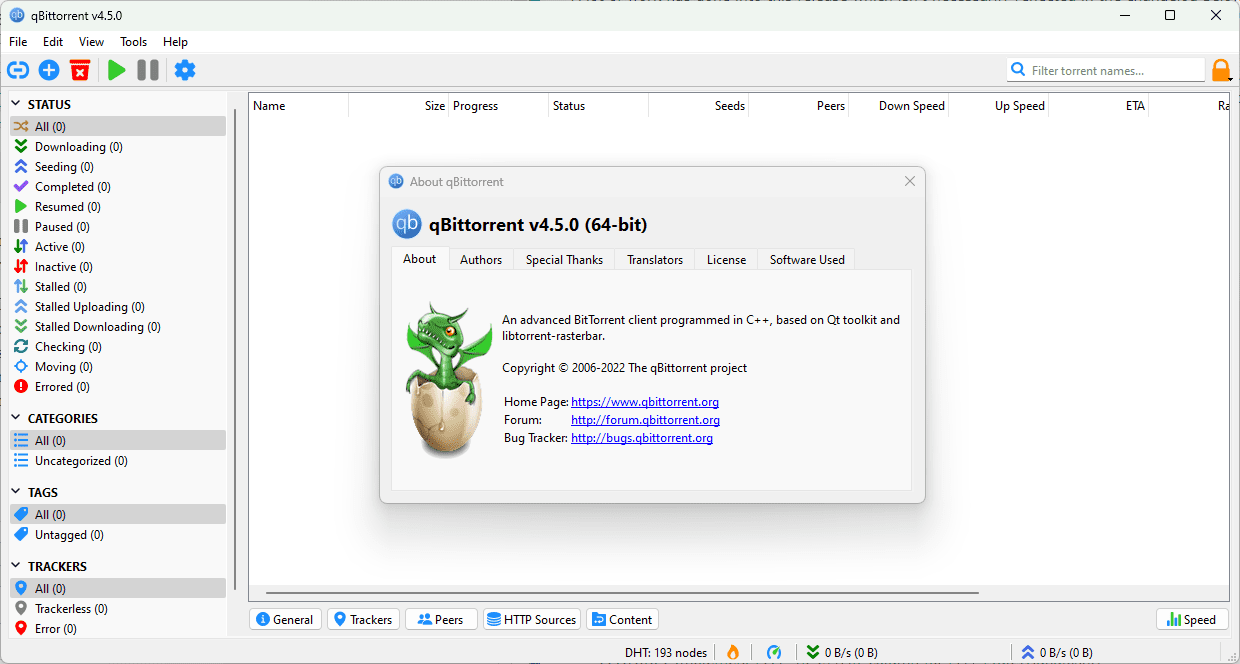
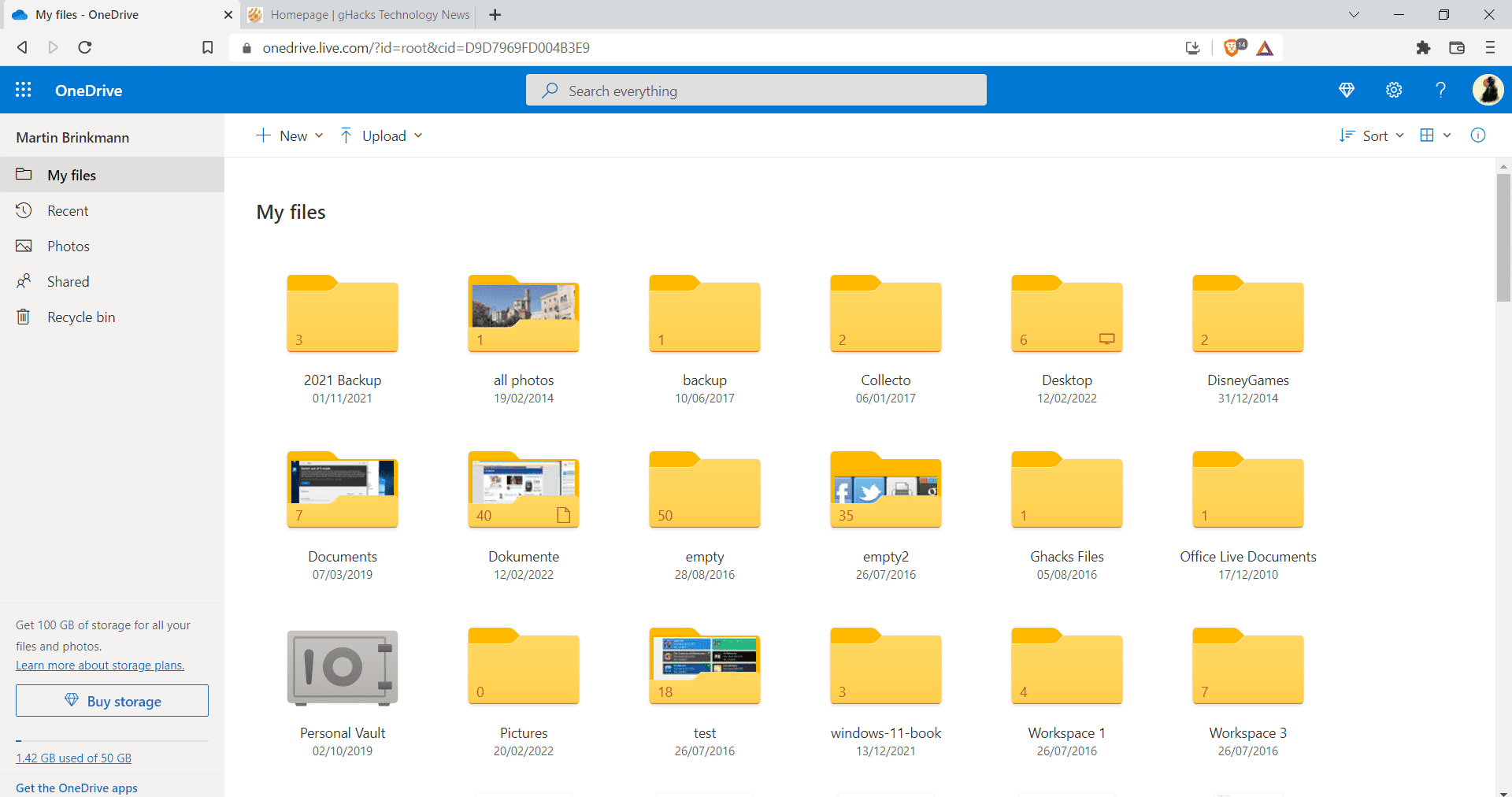
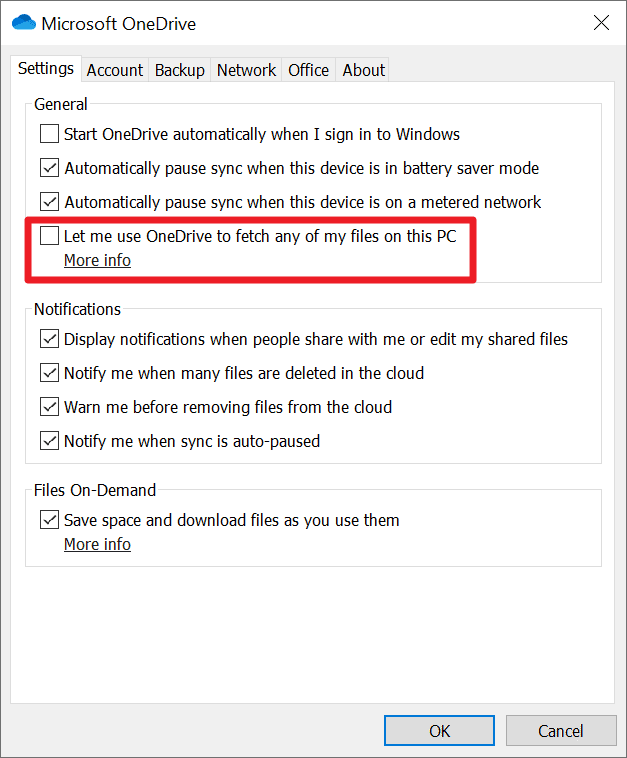

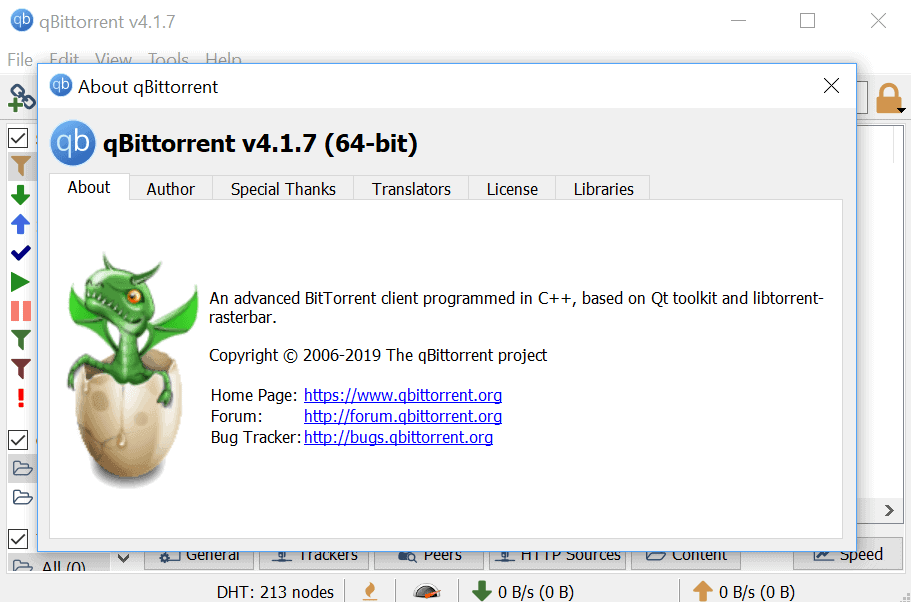
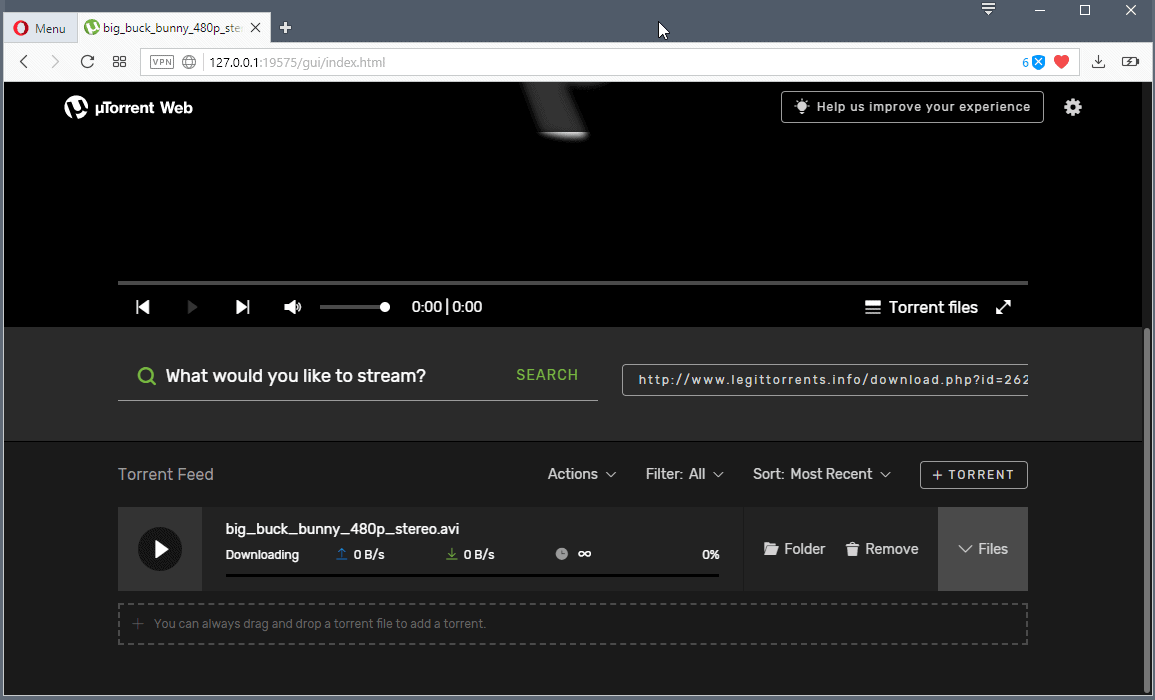















>> but as a user i don’t like to let some one know which sites i have visited
Nobody knows the sites you have visited.
Publicly available websites are indexed, triggered by your visit. But your IP address is not stored together with the page in the distributed index. And because the content is encrypted prior to sending, even the receiving index peer can’t reveal your visited sites. So nobody is able to trace you because you are using Faroo.
By the way, there are a lot of intermediate instances and authorities (e.g. your ISP, a lot of peering points …) which are able to trace all your Internet traffic, including the use of normal search engines. So Faroo is not putting you at risk, but instead protecting your privacy at least for search.
Imagine if someone figures out how to trace all those pron sites you’ve been on back to you. Ha ha ha ha.
That is the definition of spyware. Do not want.
Looks good, but as a user i don’t like to let some one know which sites i have visited, so this becomes a great negative from my side.